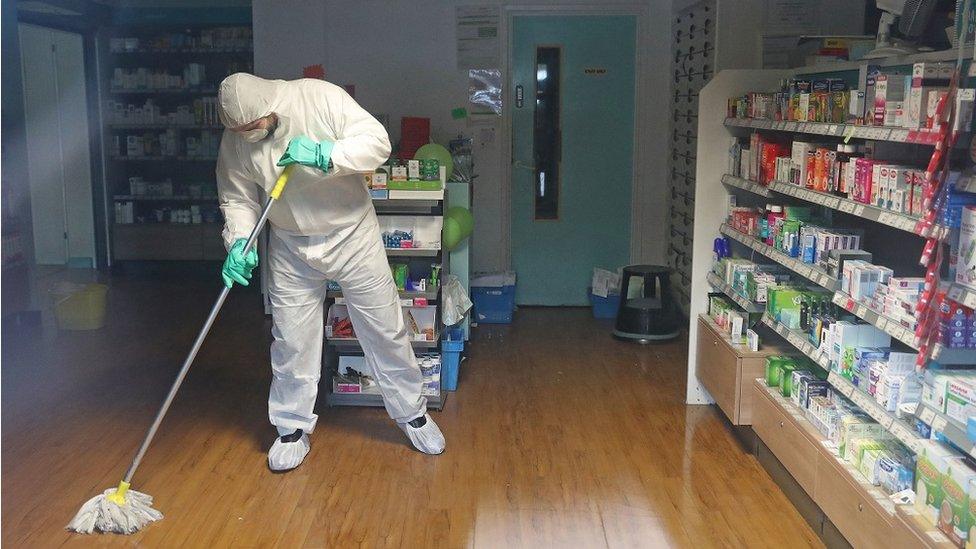Coronavirus: More may need to self-isolate to stop spread - NHS boss
- Published
Coronavirus in the UK: Five things you need to know about Covid-19
Many more people may be forced to self-isolate as part of efforts to stop the coronavirus spreading in Britain, the head of NHS England has warned.
Sir Simon Stevens said more than 80 people discharged from quarantine on Thursday set an "important example".
Meanwhile, officials are tracing the contacts of the ninth person in the UK to test positive for the virus.
The woman went to hospital in an Uber, but Public Health England (PHE) said the driver is not at "high risk".
The new case - announced on Wednesday evening - is the first to be identified in London after she contracted the virus in China.
She "self-presented" at the A&E department of University Hospital Lewisham on Sunday 9 February, hospital chief executive Ben Travis said.
PHE said the Uber driver is "not considered high risk" because the journey was less than 15 minutes and there was not "close sustained contact".
Uber said it had temporarily suspended the driver's account "out of an abundance of caution". Asked if it would be compensating the driver for lost income, the company said: "We will be providing support to this driver."
GMB legal director Susan Harris said: "If Uber is genuinely concerned for his well-being - or for that of the public - they must make sure he receives payment during this enforced period of unemployment."
Mr Travis said the patient was immediately given a mask and escorted to be tested in a dedicated area outside the A&E building. After that, she was assessed further in an isolation room in the emergency department.
She was later discharged and taken home by ambulance.
All staff who had contact with the patient have been contacted, and two are undergoing "active surveillance" at home for 14 days on the advice of PHE, Mr Travis said.
On Wednesday, the test came back positive and she was taken for treatment at a specialist unit at St Thomas' Hospital that evening.
Meanwhile, a nurse who went into self-isolation after showing symptoms after sustained contact with someone who was being tested for the virus, has criticised the lack of advice she was given by PHE.
The unnamed nurse told Brighton newspaper the Argus, external she was sent home in a taxi in which she wore a medical mask but the driver did not.
She said she called NHS 111 but had to wait 15 hours to get advice from PHE on how to get tested - and felt she was given little guidance on how to stop the spread of the virus.
In other developments:
Tests for the virus have been carried out on 2,521 people in the UK as of 14:00 GMT on Thursday - an increase of 763 from Wednesday - with all but nine being negative
Dental surgeries in the UK are facing a shortage of face masks due to supply problems in China following the outbreak, the British Dental Association has warned, external
Heavy machinery manufacturer JCB cut the hours of 4,000 company and agency shop floor staff because of a shortage of components from China
The Church of England has recommended that parishioners with coughs and sneezes are encouraged to receive only the bread and not to share the wine at Holy Communion, external. The Roman Catholic Church has said there is no need for special measures
Grime star Stormzy postponed the Asian leg of his tour because of the coronavirus outbreak, cancelling dates in China, Malaysia, Japan, South Korea and Singapore
There was a sharp spike in the number of cases in Hubei province, the origin of the outbreak, after a new diagnostic definition was introduced, but the World Health Organization says cases are not rising outside China
'Contain, delay, research, brace'
Meanwhile, more than 80 people who stayed in accommodation at Arrowe Park Hospital in Wirral for two weeks have left after testing negative for the new strain of coronavirus.
They are one of two groups of British nationals evacuated from Wuhan, with the second quarantined near Milton Keynes.
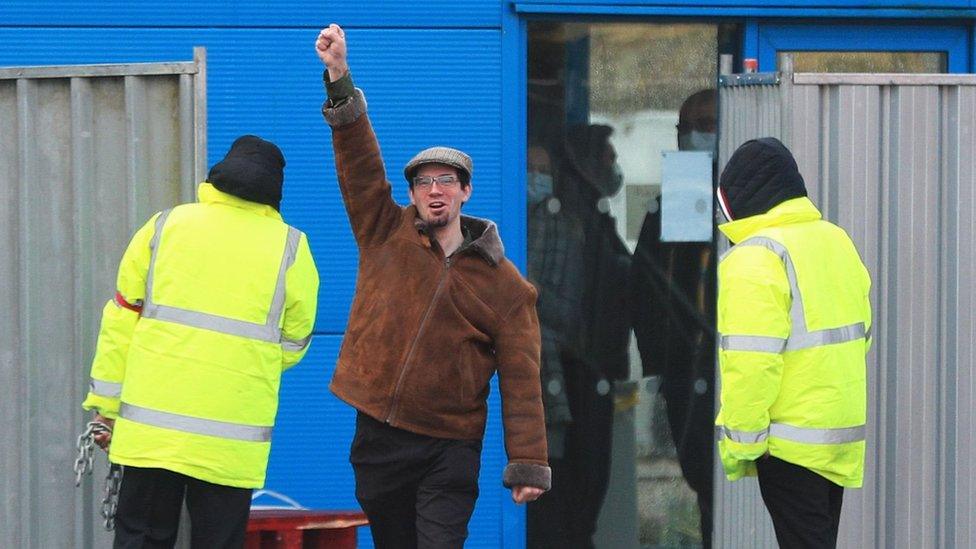
Repatriated UK citizen Matt Raw punched the air in celebration as he left quarantine
Sir Simon said: "They have set an important example, recognising that over the coming weeks many more of us may need to self-isolate at home for a period to reduce this virus's spread," he said.
Matt Raw, one of those quarantined on the Wirral, said as he left the accommodation block: "It is absolutely lovely to be out and I'll no doubt be going out for a pint a little bit later."

The challenges in containing the virus

The ninth UK case illustrates the challenge the authorities face in trying to contain the coronavirus.
The guidance is clear about what to do if you suspect you might be infected.
Phone NHS 111 and self-isolate yourself.
Jumping into an Uber and heading into a busy A&E unit - where there will be lots of people with potentially weakened immune systems - is the last thing someone should be doing.
We don't know why the ninth case did this. They could have been unaware of the advice. They may have been scared.
Or they may have had trouble getting through to 111 or have been unhappy with the response.
I have heard from people who have self-isolated themselves after becoming ill after returning from one of the at-risk countries, but then complained they were frustrated about the slow response from the NHS.

Prof Chris Whitty, England's chief medical officer, told BBC Radio 4's Today programme it was hoped China "gets on top of the epidemic".
He said: "We basically have a strategy which depends upon four tactical aims: the first one is to contain; the second of these is to delay; the third of these is to do the science and the research; and the fourth is to mitigate so we can brace the NHS."
Change in seasons 'could slow down spread' - England's chief medical officer
In addition to the patient being treated in London, the UK's nine coronavirus cases include two Chinese nationals who tested positive in York.
Another cluster of cases began with British businessman Steve Walsh - now recovered - who contracted the virus in Singapore and passed it to 11 people at a ski resort in France. Five of these returned to the UK.

What are the symptoms of coronavirus and what can help stop its spread?
The main signs of infection are fever (high temperature) and a cough as well as shortness of breath and breathing difficulties.
Frequent hand washing with soap or gel, avoiding close contact with people who are ill and not touching your eyes, nose and mouth with unwashed hands, can help cut the risk of infection.
Catching coughs and sneezes in a tissue, binning it and washing your hands can minimise the risk of spreading disease.
Anyone experiencing symptoms, even if mild, after travelling from mainland China, Thailand, Japan, Republic of Korea, Hong Kong, Taiwan, Singapore, Malaysia or Macau, is advised to stay indoors and call the NHS 111 phone service.

Read more about the coronavirus

SHOULD WE WORRY? Our health correspondent explains
YOUR QUESTIONS: Can you get it more than once?
WHAT YOU CAN DO: Do masks really help?
UNDERSTANDING THE SPREAD: A visual guide to the outbreak
LIFE UNDER LOCKDOWN: A Wuhan diary
ECONOMIC IMPACT: Why much of 'the world's factory' remains closed

Do you have information to share about coronavirus in the UK? You can get in touch by emailing haveyoursay@bbc.co.uk, external.
Please include a contact number if you are willing to speak to a BBC journalist. You can also contact us in the following ways:
WhatsApp: +44 7756 165803, external
Tweet: @BBC_HaveYourSay, external
Send pictures/video to yourpics@bbc.co.uk, external
Please read our terms of use and privacy policy
- Published12 February 2020
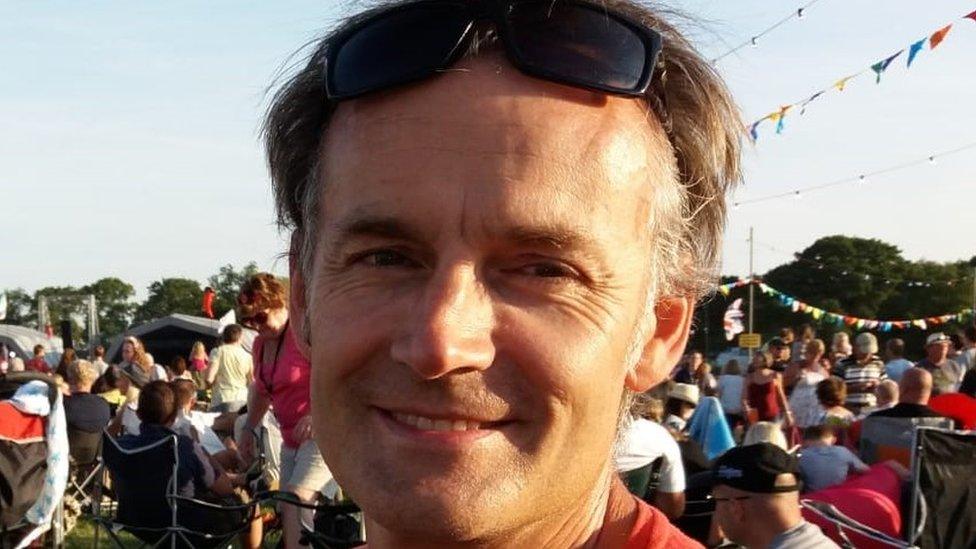
- Published12 February 2020
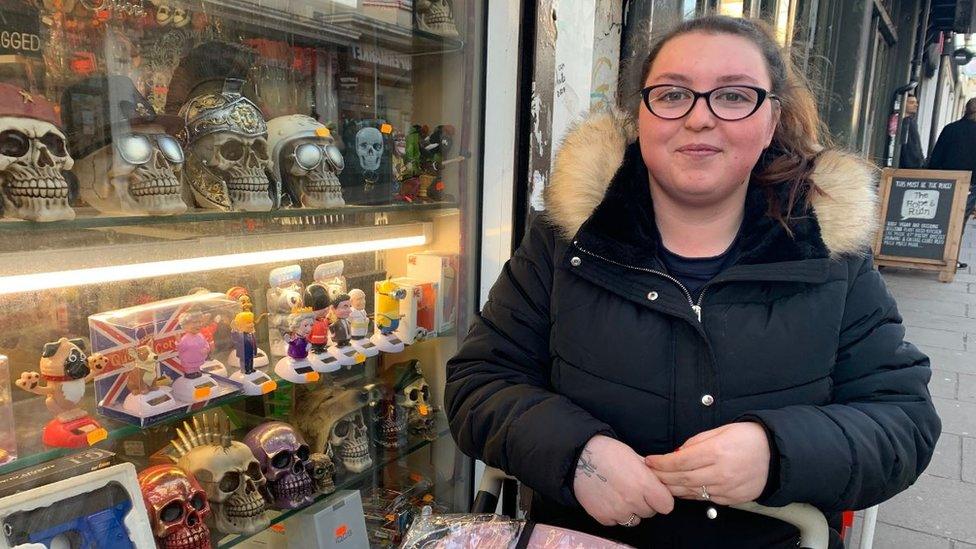
- Published11 February 2020
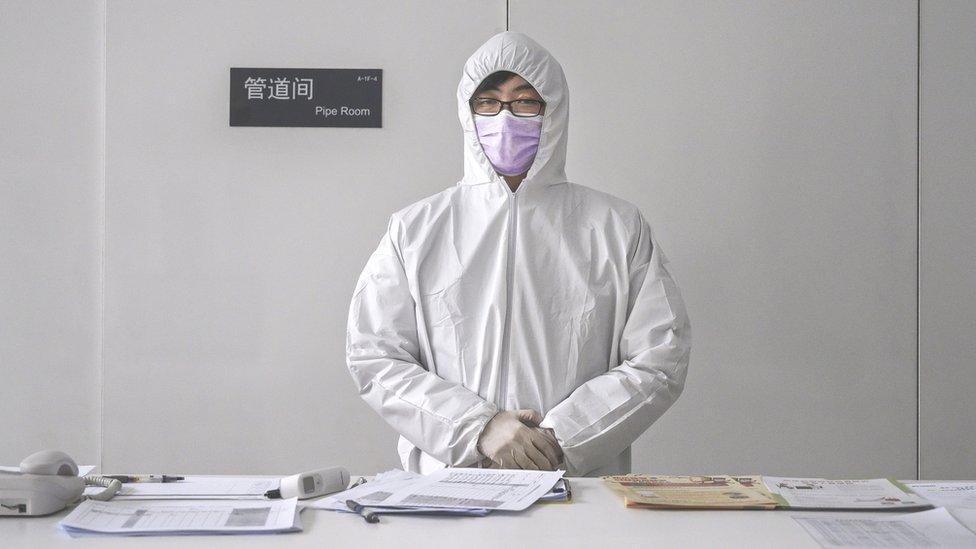
- Published11 February 2020
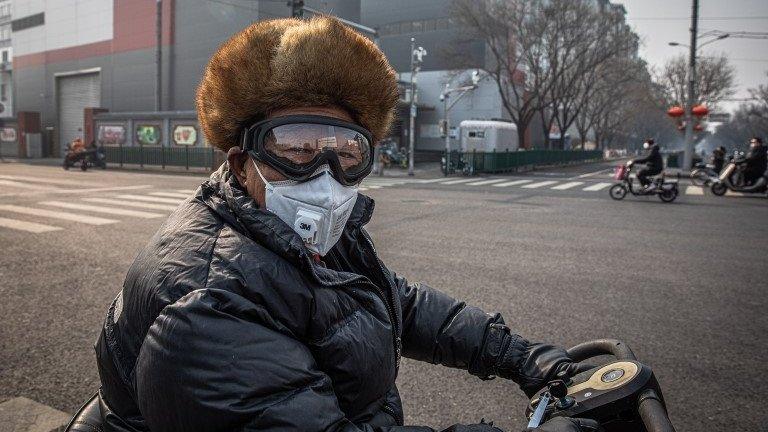
- Published11 February 2020
